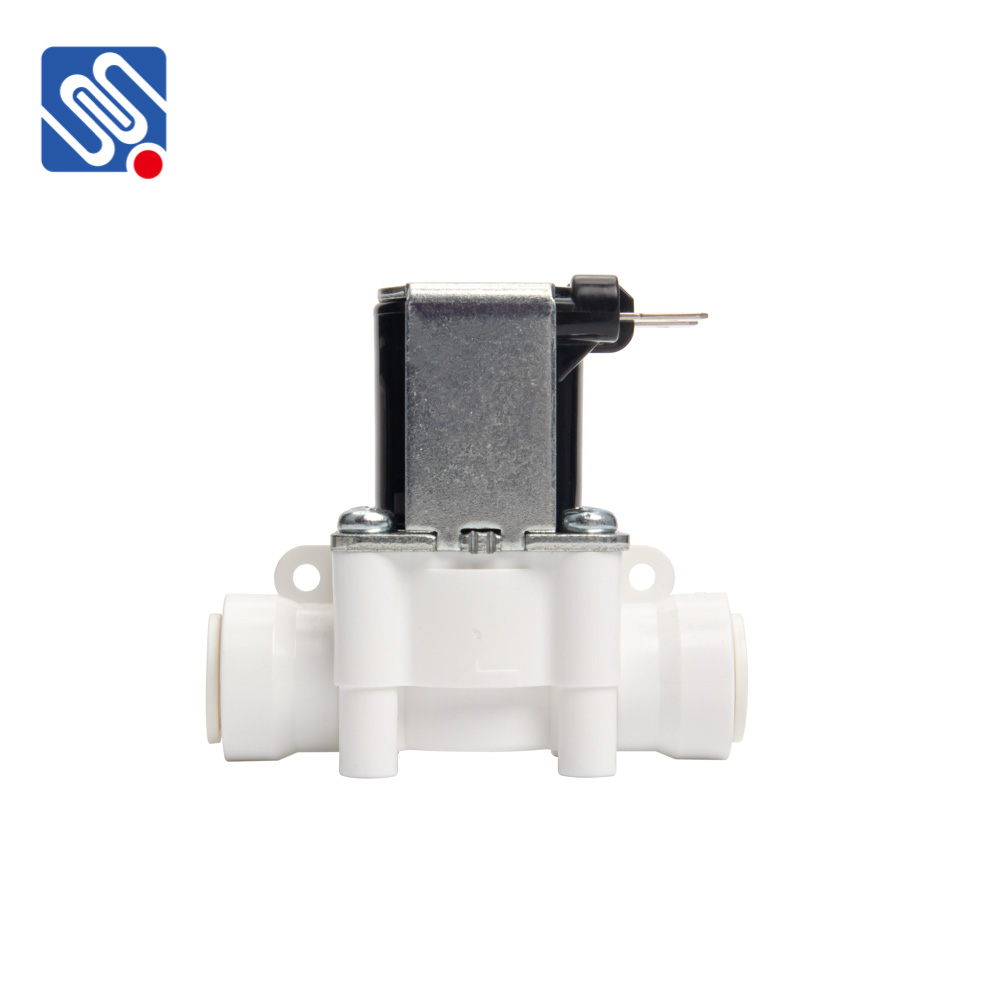Filtration systems play a crucial role in various industries, ranging from water treatment to food and beverage processing. Among the many components that make these systems efficient, the Filtration System Solenoid Valve stands out as a pivotal part. These valves control the flow of fluids in automated filtration systems, enabling precise, reliable, and efficient filtration processes. This article delves into the significance of Filtration System Solenoid Valves, their types, applications, advantages, and maintenance requirements.

What is a Filtration System Solenoid Valve? A Filtration System Solenoid Valve is an electrically-operated valve that controls the flow of fluids, such as water or chemicals, through a filtration system. The solenoid valve consists of a coil, a plunger, and a diaphragm. When an electric current is passed through the solenoid coil, it generates a magnetic field that moves the plunger, either opening or closing the valve. This action enables or restricts the flow of the fluid, making it a vital component in filtration systems that need precise flow control. These valves are typically used in automated filtration systems, where manual intervention is minimized, and fluid control needs to be both reliable and efficient. Solenoid valves can be integrated into filtration systems to automatically start or stop the filtration process, allowing for optimal filtration without human involvement.